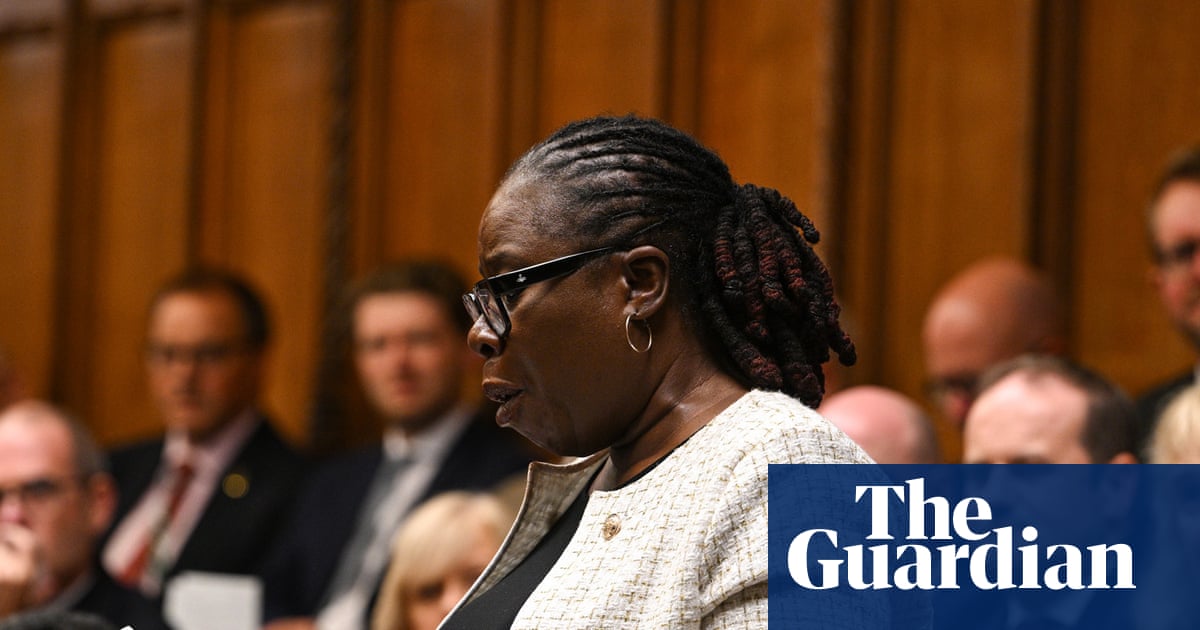A boost to Sure Start-type investment in local children’s services is expected to feature in next week’s spending review – even while a more comprehensive child poverty plan has been put off until the autumn. Solid evidence, as well as a mountain of anecdotes, support the reputation of New Labour’s flagship early years policy. But Sure Start was not New Labour’s only way of targeting communities based on need. The channelling of about £2bn to 39 of the most deprived neighbourhoods in England under the New Deal for Communities was another key strand of the Blair and Brown governments’ anti-poverty programme.
Unfortunately, the idea behind this – that ministers should tackle “left-behind” communities with dedicated funding – was discredited by its association with levelling up. So central was this brand to Boris Johnson’s post-Brexit premiership that a government department was renamed after it. But his promises mostly weren’t kept, and the title was dropped last year. Since then, it is fair to say that geographical inequalities have taken a back seat to priorities including health and housing.
Champions of locally led renewal have now regrouped. The Independent Commission on Neighbourhoods has not yet come up with a catchphrase to replace levelling up. But Reform UK’s 648 new council seats have injected an increased sense of urgency into discussions about the places and voters that are proving most receptive to Nigel Farage’s populist, anti-migrant message. Later this month, the commission will publish new research on how English neighbourhoods have fared in recent decades. Hopes have risen that the spending review will see more resources directed towards those that the commission calls “mission‑critical” due to their high position on a tailor-made index of deprivation.
Such funding is, of course, not a panacea. Because community development initiatives are more diffuse – typically seeking to improve health, education and employment outcomes, and reduce crime – they are harder to describe and measure than a project like Sure Start. But Labour’s New Deal brought significant improvements, much of which were then reversed by a decade of austerity. Today, about 1 million people in England live in neighbourhoods – many of them in coastal or ex-industrial towns – where the commission believes targeted investment could help arrest a further slide into decline.
Micromanagement from Whitehall was part of the reason for levelling up’s failure. This is a mistake Labour must not repeat. Regeneration is best done with communities – not to them. It is simply not possible to direct granular neighbourhood improvements from London. If new funding is announced, local authorities and mayors must be empowered to oversee how it is spent without the hurdles of overly complex bidding systems. If that means a role for Reform UK councillors, as well as local Labour MPs, then so be it. The alternative is the corrosive favouritism of pork-barrel politics.
Different approaches attract different champions. As Gordon Brown pointed out last week, removing the two-child limit would have a far more dramatic effect on family finances than any number of local family hubs (currently the closest thing to Sure Start). The impact of place-based spending must be considered alongside other investment. But while allocating budgets to struggling neighbourhoods does not sweep their problems away, it does have advantages. Labour should bury the disappointments of levelling up and reclaim the initiative.

 3 months ago
195
3 months ago
195

















































